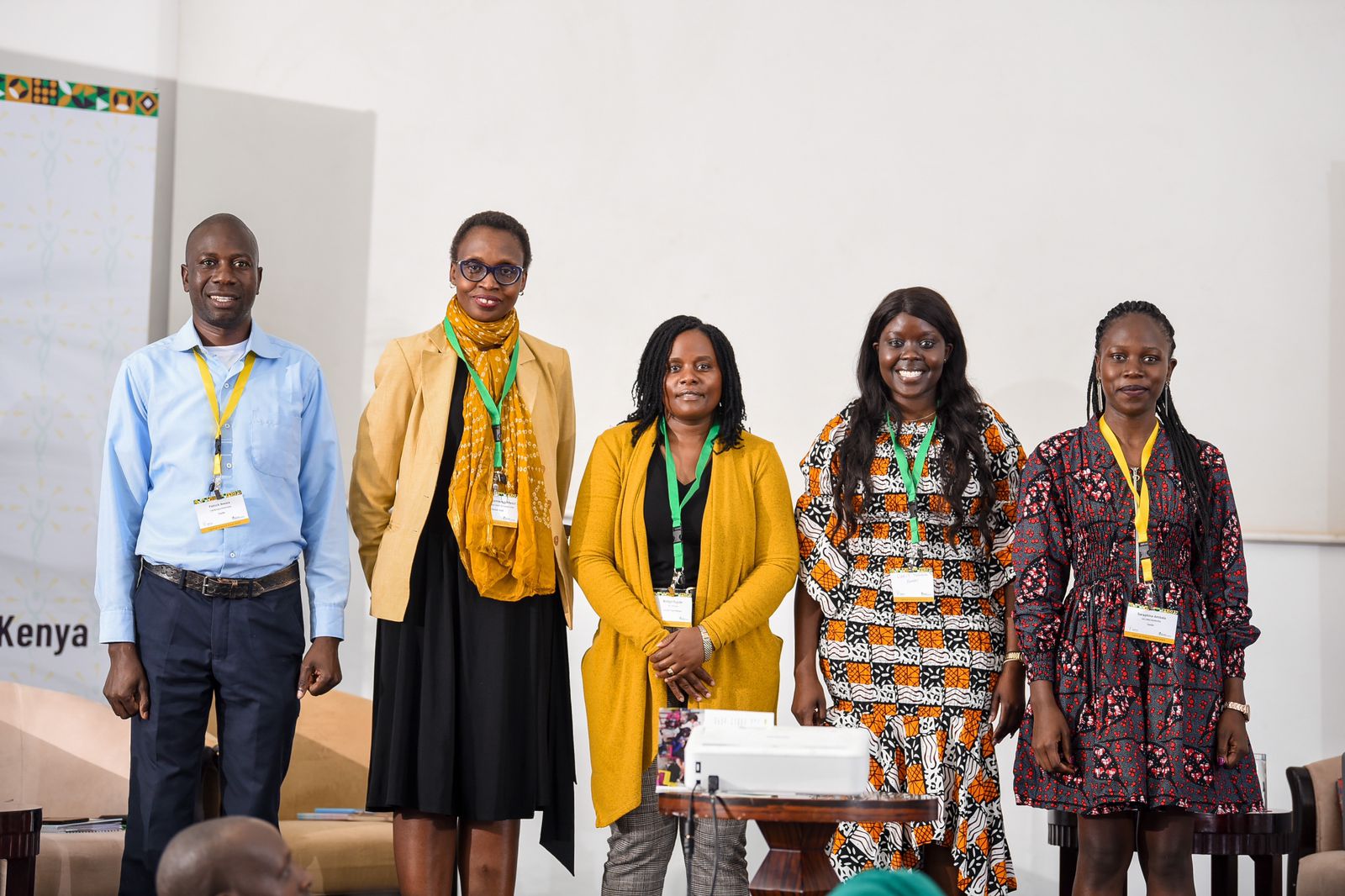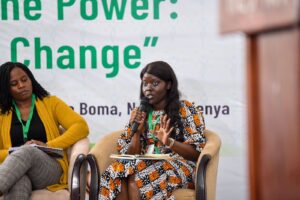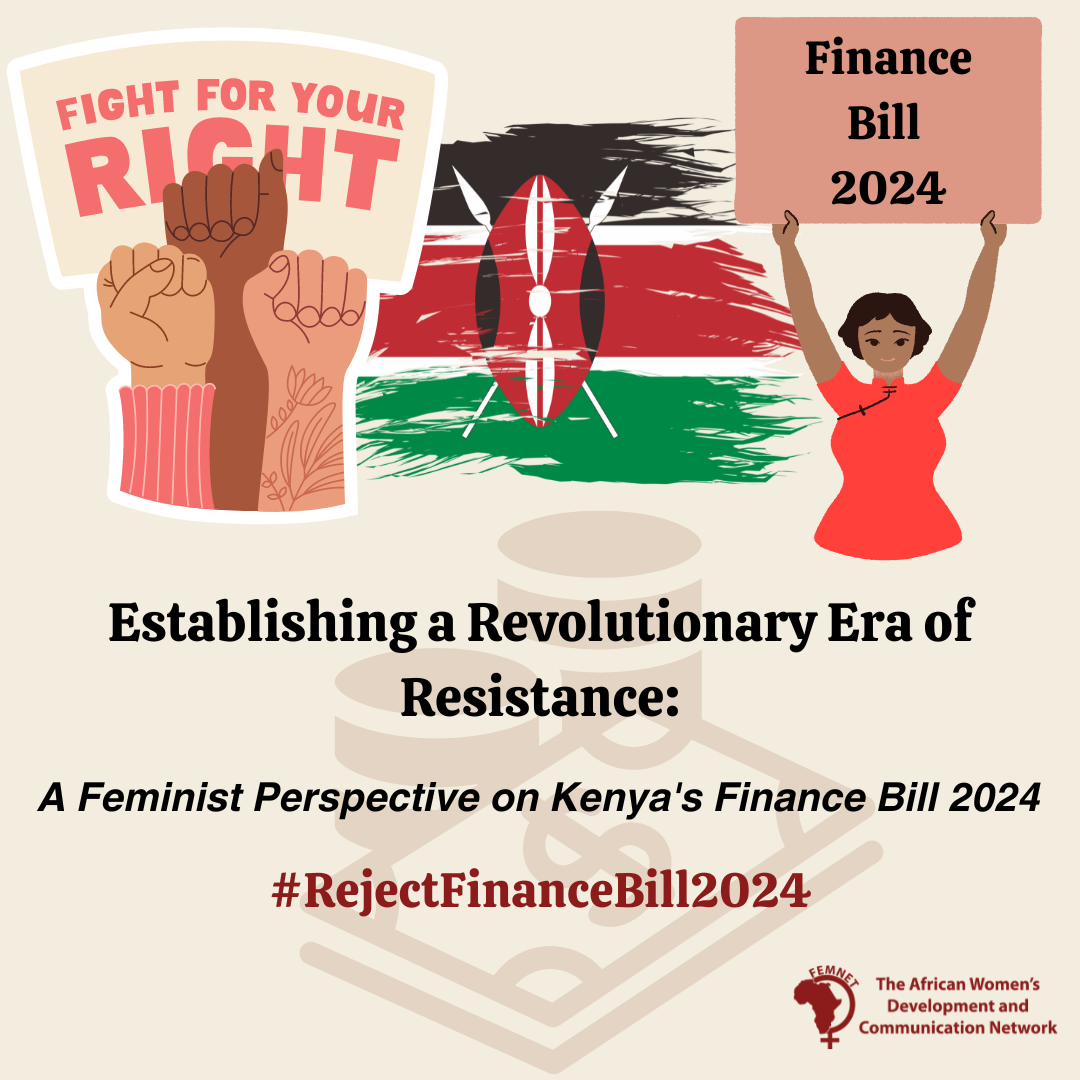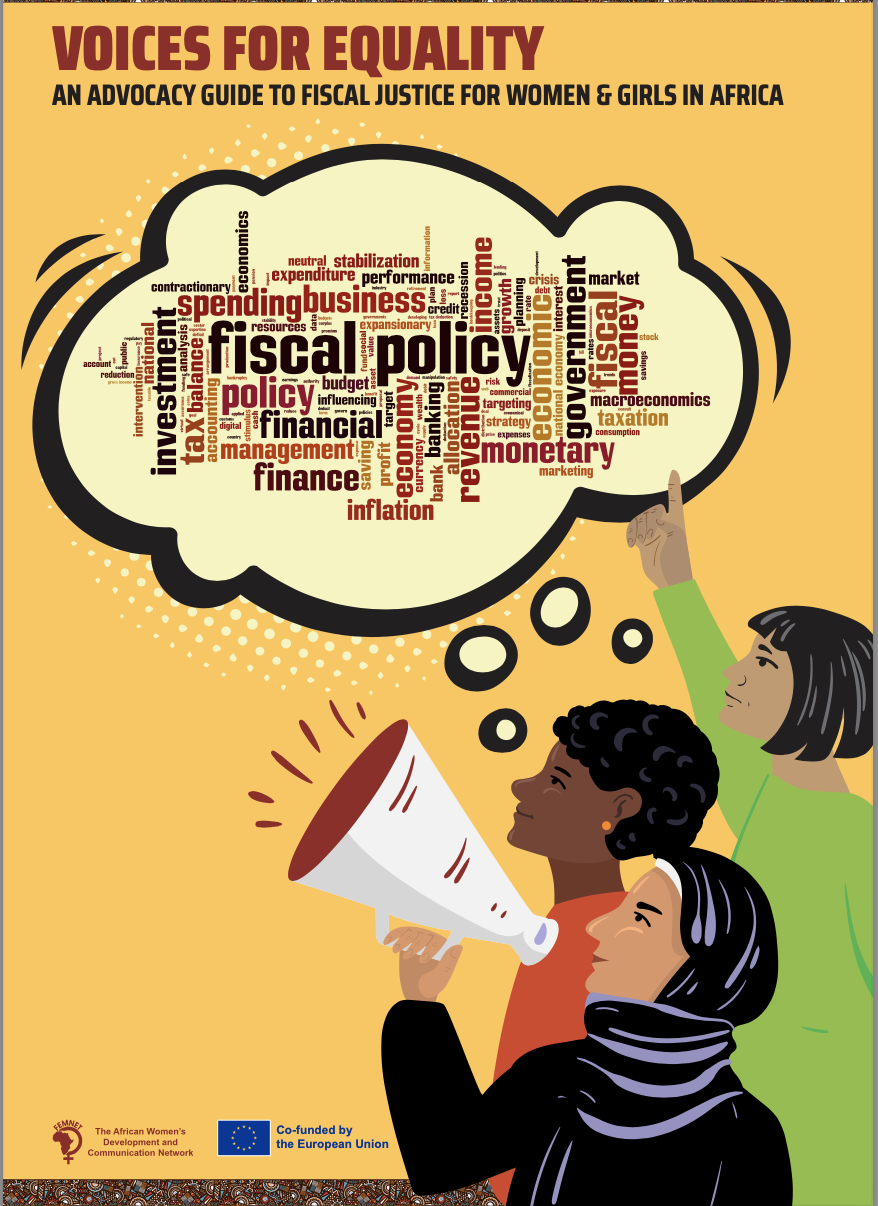
Igniting Systems Change: Empowering Grassroots Organizations through Networks and Philanthropy
In an era marked by pressing global challenges, the imperative to drive meaningful and transformative change has never been more urgent. The traditional top-down approach to problem-solving, often led by governments and large institutions, has proven inadequate in tackling issues ranging from climate change to social inequality, among several other issues within our respective societies. Shifting the power to grassroots organizations is perhaps a dynamic and effective way to ignite systems change, and it is a strategy that is gaining traction worldwide. Central to this shift are the pivotal roles played by networks and philanthropy in amplifying the impact of grassroots initiatives.
One of the most significant impacts of shifting power to grassroots organizations is the democratization of change-making. It allows communities to take agency over their destinies, reducing dependency on external entities. When local communities are empowered to address their own challenges, they build resilience and self-reliance. This, in turn, fosters a sense of ownership and pride, enhancing the sustainability of initiatives and the likelihood of long-lasting impact.
Further, Grassroots organizations, by their very nature, are deeply embedded in their communities. They understand the nuances of local issues, possess a wealth of indigenous knowledge, and enjoy a high degree of trust among their constituents. This inherent connection and contextual understanding empower them to craft solutions that are not only effective but also sustainable. Considerably, grassroots organizations are more attuned to the complexities and nuances of social and environmental issues, enabling them to devise holistic, community-centered solutions. This slightly contrasts with popular top-down approaches that may overlook these subtitles and inadvertently exacerbate problems.

Critics of this shift may argue that grassroots organizations lack the scale and resources (technical, financial, etc) to address large-scale global challenges adequately. However, networks and philanthropy can help bridge this gap by enabling collaboration among grassroots entities and supporting their growth.
Networks, whether formal or informal, serve as invaluable connectors, creating ecosystems where grassroots organizations can learn from one another, collaborate, and share best practices. They facilitate the exchange of ideas and expertise, enabling organizations to adapt and evolve in response to changing circumstances. Moreover, networks provide a platform for collective advocacy, amplifying the voices of grassroots organizations and increasing their influence on policy decisions.
Philanthropy, on the other hand, plays a critical role in fuelling the engine of grassroots change. It provides the financial resources necessary to expand the reach and capabilities of these organizations. Importantly, philanthropy often comes with flexibility and a long-term perspective, allowing grassroots initiatives to address complex, entrenched issues that may require sustained effort over many years. Strategic philanthropy can enable organizations to experiment, take calculated risks, and innovate, accelerating progress and fostering systemic change.
In conclusion, the power shift to grassroots organizations, facilitated by networks and philanthropy, is a potent force for igniting systems change. These organizations, deeply rooted in their communities, offer localized, sustainable solutions to complex global challenges. Networks provide the connective tissue, fostering collaboration and knowledge-sharing, while philanthropy fuels their growth and innovation. The impact of this approach is not only transformative but also democratic, empowering communities to chart their own course towards a better future. It is time to recognize the vital role that grassroots organizations play in the collective endeavour to address the world’s most pressing issues and to invest in their potential to spark real and lasting change.
For more information on the aforementioned contact Lurit Yugusuk via l.yugusuk@femnet.or.ke
Related Tags
Related Posts
Establishing a Revolutionary Era of Resistance: A Feminist Perspective on Kenya’s Finance Bill 2024
On June 20, 2024, citizens of Kenya from all regions of the country participated in a second round
Learn MoreVoices For Equality – An Advocacy Guide To Fiscal Justice For Women and Girls in Africa
The language of fiscal policy might often feel like navigating a highway of technical jargon. However, beneath the
Learn More

